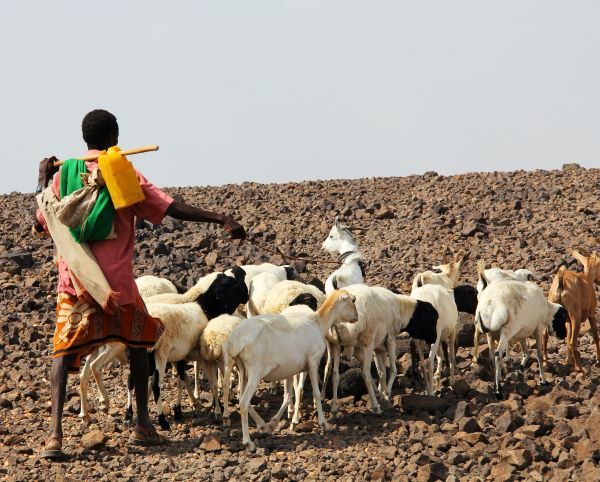South Africa’s agricultural exports reached a record $13.7 billion in 2024, marking a 3% increase from the previous year, according to Wandile Sihlobo, chief economist at the Agricultural Business Chamber of South Africa (Agbiz).
Sihlobo attributed the growth to a combination of higher prices and increased production volumes across various commodities.
“In terms of what was in that basket of exports, it was nicely diverse,” Sihlobo stated in a post on his X handle. “Fruits such as citrus, grapes, apples, pears, nuts, avocados, and berries featured prominently. Wine was also among the top products exported.”
Other key agricultural exports included maize, wool, and red meat, further demonstrating the sector’s diversity. Sihlobo emphasized that the African continent remains South Africa’s largest agricultural market, accounting for 44% of exports. The Middle East and Asia collectively took 21% of exports, while the European Union (EU) accounted for 19%.
“In the EU, you find more fruit and wine, whereas in the Middle East and Asia, we export red meat, wool, grains, and fruit, with some wine making its way to the Asian market,” he noted. “In Africa, we are heavy on grains, but also export apples, pears, and sugar.”
The Americas, including the United States and Canada, accounted for 6% of exports, with the US alone making up 4%. Sihlobo highlighted the importance of the African Growth and Opportunity Act (AGOA) in ensuring continued duty-free access for key South African exports such as citrus, grapes, wine, fruit juices, and nuts.
“If AGOA were not renewed or South Africa were excluded, we would face tariffs of about 3% under the most-favored-nation terms,” he warned. “That would challenge our competitiveness in the US market, so maintaining AGOA access remains a priority.”
The United Kingdom (UK) was also a significant export destination, accounting for 7% of South Africa’s agricultural exports. “The UK is one of the most important single-country markets for us, with a strong demand for fruit and wine,” Sihlobo said.
On the import side, South Africa’s agricultural imports rose by 8% to $7.6 billion in 2024, driven by both increased volumes and higher prices. The country primarily imported wheat, rice, palm oil, poultry, and whiskey.
“We buy wheat because we can only produce about half of what we consume annually due to environmental limitations,” he explained. “Similarly, we import 100% of our palm oil and rice needs. Poultry imports account for about 20% of domestic consumption, and whiskey is another significant import.”
Despite challenges such as a midsummer drought and animal disease outbreaks, South Africa maintained a trade surplus of just over $6 billion in 2024.
“You can only imagine if we hadn’t faced those challenges—our exports would have been much larger, potentially crossing the $14 billion mark,” Sihlobo remarked. “Looking ahead, the year is shaping up well. Farmers have planted, conditions are favorable, and I expect our exports to remain strong.”
He stressed the need for continued collaboration between agribusinesses, organized agriculture, and government to retain existing markets and expand into new ones. “South Africa’s agricultural sector has proven resilient, but we must work diligently to secure and diversify our export markets,” Sihlobo concluded.










[…] le principal économiste de la Chambre de Commerce Agricole d’Afrique du Sud, Vusimuzi Sihobo, les exportations agricoles de l’année dernière ont atteint 13,7 milliards de dollars, soit […]
Comments are closed.